On Embracing Our Inner Magical Air Guitar Unicorn
As a young Asian American man growing up in Utah, I learned to be ashamed--of myself, of my body, of my family. I learned to view any Asian or AsianAmerican boy or man, on screen or around me, as lack--lacking in strength, lacking in virility, lacking in desirability. I learned to understand such lack against the measuring stick of whiteness, as embodied by James Bond, Indiana Jones, He-Man, and mimed in the blonde Mormon boys who were perfectly cast as my heroes. They called me Data. They called me Long Duk Dong. They called me Bruce Lee. I was devastated to learn what the character Song Liling declares in David Henry Hwang's award-winning play, M Butterfly: "...I am an Oriental. And being an Oriental, I could never be completely a man."
Thus, I learned to hate other Asian men. I coveted what they failed to achieve. I learned to yearn for a masculinity that could never be my own--without questioning its toxicity.
Gradually, thanks to friendships with gender fluid, queer, and other CIS and non-CIS men of diverse backgrounds, as well as courses and books from Gender Studies, Ethnic Studies, and Asian American Studies, I began to unlearn, and thus, heal. And I began to learn that another form of manhood was possible--in fact, it was always there, right in front of me. In Data's selfless courage. In Long Duk Dong's love of a bigger, loud woman. In Bruce Lee's refusal to treat women as hypersexualized objects to conquer. In my immigrant Korean father's tenderness.
These are the lessons I imparted to my students in over fifteen years of teaching Asian American Studies. This is what I tried to embody in my Magical Air Guitar Unicorn character that I performed when I won Mr. Hyphen 2011, Hyphen Magazine’s annual community fundraiser/beauty pageant. This is what informed my decision, when I volunteered to be Hyphen's executive director, to make Mr. Hyphen more inclusive of masculine-of-center, genderqueer, and transmen applicants, which not only resulted in more applications and the biggest audience in the event's history, but more importantly, its alternative vision of what it means--could mean, should mean, does mean--to be an Asian American man. These were the themes discussed in an online gathering of Asian American men from Ohio that I co-facilitated last year with Dr. Max Tokarsky under the auspices of OPAWL - Building AAPI Feminist Leadership in Ohio. And this is what I hope to offer in a future course on Asian American masculinities--to share what I've unlearned and learned, to hold space for our journeys, and to transform the spaces we inhabit. And I'll do so using JEDHI (#justice, #equity, #diversity, #healing, #inclusion) principles—that same principles that guide Maum.

